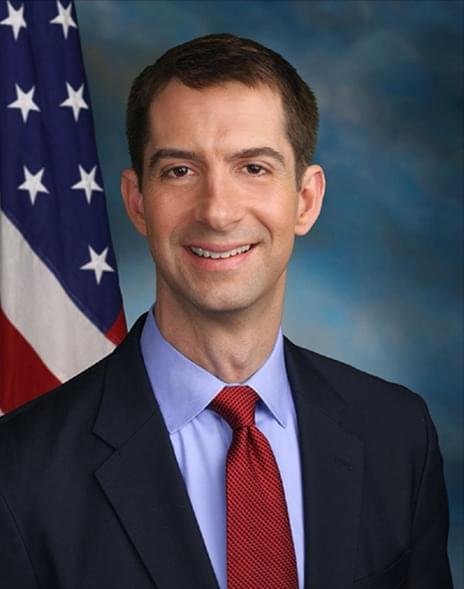WASHINGTON––U.S. Senator John Boozman (R-AR) partnered with Senators Eric Schmitt (R-MO) and Chris Van Hollen (D-MD) to introduce the Ensuring Nationwide Access to Better Life Experience (ENABLE) Act, bipartisan legislation to make several provisions related to Achieving a Better Life Experience (ABLE) savings accounts permanent.
ABLE accounts allow Americans with disabilities and their families to utilize tax-free savings programs without losing eligibility for federal programs such as Medicaid and Supplemental Security Income.
“Individuals with disabilities and their loved ones need flexibility to help meet financial needs. Giving them that opportunity is common sense and I’m pleased to support a bipartisan effort to ensure they can continue to save for the future and achieve financial security free from costly penalties,” said Boozman.
Disability Awareness Activity - PICRYL PD Image
“I was proud to lead the introduction of the ENABLE Act in the 118th Congress, where this critical legislation passed the Senate. I entered public service to fight for people like my son Stephen. Stephen was born with a rare genetic disease, is on the autism spectrum, has epilepsy, and is non-verbal. I know firsthand how critical ABLE accounts are to individuals with disabilities and their families. ABLE accounts allow individuals with disabilities to save for their future and ease burdens on their families. It’s a common-sense solution that provides an easy fix for those who depend on ABLE accounts, and I’m proud to have bipartisan, bicameral support for this important piece of legislation,” said Schmitt.
“I worked alongside a bipartisan coalition to create the ABLE Program over a decade ago to expand financial tools for people with disabilities and their families. Since then, it has helped empower more than a hundred thousand Americans and provide greater flexibility for families to support loved ones with disabilities. Making these key ABLE provisions permanent will build on the success of the ABLE Act and allow these Americans and many more to continue growing their savings and strengthening their economic independence,” said Van Hollen.
The ENABLE Act will make the below provisions that are set to expire this year permanent:
529 to ABLE Rollover: Permits an individual with a disability to rollover savings from a 529 education savings account to an ABLE account that are less than or equal to the annual ABLE contribution limit tax and penalty free;
ABLE Saver’s Credit: Permits an individual with a disability who makes qualified contributions to an ABLE account eligible for a nonrefundable saver’s credit of up to $1,000; and
ABLE to Work: Permits an individual with a disability who is employed to contribute an additional amount to his or her ABLE account provided it is not greater than either the prior year’s federal poverty level for a one-person household ($15,060 in 2024), or the beneficiary’s yearly compensation.
The legislation is cosponsored by Senators Tommy Tuberville (R-AL), Tim Kaine (D-VA), Katie Britt (R-AL), Amy Klobuchar (D-MN), Thom Tillis (R-NC), John Fetterman (D-PA), Dan Sullivan (R-AK), Chris Coons (D-DE), Raphael Warnock (D-GA), Jerry Moran (R-KS) and Mark Kelly (D-AZ).
Congressmen Lloyd Smucker (R-PA-11) and Don Beyer (D-VA-08) have introduced companion legislation in the U.S. House of Representatives.
Click here to view the text of the bill





